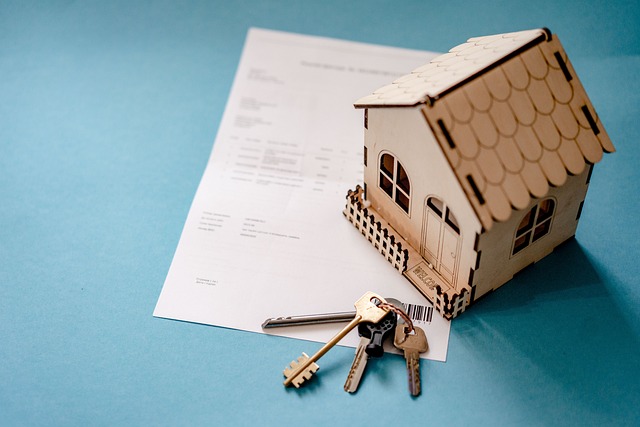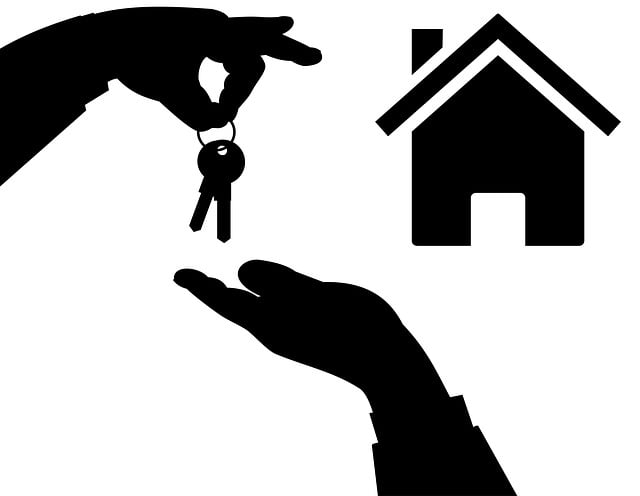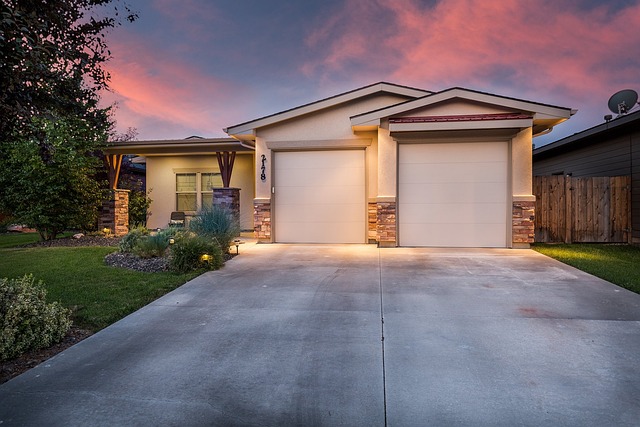The Cost of Executive Condos (ECs) in Singapore varies based on factors like location, age, size, market conditions, and government policies. ECs are designed for middle-income families and investors, offering a step up from public housing with better finishes at more accessible prices than private condominiums. Prospective buyers should consider the purchase price, option fee, initial payment, and additional costs such as legal fees, duties, and recurring expenses like maintenance fees, property taxes, and potential renovation costs. Long-term investment value also needs assessment. The total cost includes direct expenses like mortgage installments and utility bills, and indirect costs such as insurance, smart home installation, and an emergency fund for repairs. It's crucial to consider all these financial aspects when evaluating the Cost of an Executive Condo in Singapore to ensure a sound long-term investment decision.
Exploring the nuances of Singapore’s property market, this article sheds light on the cost framework of Executive Condos (ECs), a unique housing hybrid tailored for couples and families. We delve into the factors that influence the price of these residences, offering readers a clear picture of what to anticipate when considering an EC as their home. From understanding the initial purchase costs to outlining the ongoing maintenance expenses, we provide a comprehensive breakdown of the costs involved in owning an Executive Condo in Singapore. This guide is indispensable for prospective buyers aiming to navigate the financial landscape of these properties effectively.
- Understanding the Cost Framework of Executive Condos in Singapore
- Factors Influencing the Price of Executive Condos
- Budgeting for an Executive Condo: A Comprehensive Breakdown of Costs and Considerations
Understanding the Cost Framework of Executive Condos in Singapore

In Singapore, the cost framework of Executive Condos (ECs) presents a unique segment within the property market that caters to the aspirations of both upgrading families and investors. The cost of an Executive Condo in Singapore is influenced by several factors, including its location, the age of the development, the size of the unit, and the current state of the property market. Typically, ECs are designed for middle-income families, offering a higher level of finishes compared to public housing but at more affordable prices than private condominiums. Prospective buyers can expect initial purchase prices to range significantly, with newer units or those situated in mature estates often commanding higher price tags. Additionally, the pricing of ECs is subject to changes in government policies and the overall economic climate, which can affect resale values and the affordability of these homes.
When considering the cost of an Executive Condo in Singapore, it’s important to look at both the upfront expenses and the long-term investment potential. The price of an EC usually includes its purchase price, optional fittings or fixtures, and additional costs such as legal fees, stamp duty, and buyer’s stamp duty. Beyond these immediate costs, investors and homeowners alike must consider the ongoing expenses that come with property ownership, including maintenance fees, property taxes, and potential future renovations. The cost of living in an EC also encompasses service charges and sinking fund contributions, which are essential for the maintenance and upkeep of shared facilities and common areas. Understanding these costs is crucial for anyone looking to invest in or reside within an Executive Condo in Singapore, as it offers a comprehensive view of the financial commitment involved over both the short and long terms.
Factors Influencing the Price of Executive Condos

The cost of an Executive Condominium (EC) in Singapore is influenced by a multitude of factors, which potential buyers must consider when evaluating their investment. The location of the EC plays a pivotal role; units situated within prime districts or near mature estates with comprehensive amenities tend to command higher prices due to their desirability and convenience. Additionally, the size and layout of the EC unit also affect its market value, with larger and more functional spaces typically fetching higher prices. The age and condition of the property are critical as well; newer ECs or those that have undergone recent renovations may be priced at a premium compared to older ones requiring updates.
Market demand and supply dynamics also significantly impact the cost of Executive Condos. A scarcity of available units can drive up prices, while an oversupply might lead to a softening of rates. Government policies, such as grant eligibility for first-time buyers or loan regulations, can indirectly influence pricing by affecting buyer eligibility and demand. Lastly, economic factors like interest rates and the overall health of the property market in Singapore contribute to the cost trajectory of ECs, with buyers generally willing to invest more when economic conditions are favorable. Prospective investors should keep a keen eye on these influencing factors to make informed decisions about purchasing an Executive Condo in Singapore.
Budgeting for an Executive Condo: A Comprehensive Breakdown of Costs and Considerations

When considering the acquisition of an Executive Condo (EC) in Singapore, potential buyers must meticulously assess the cost implications to ensure a prudent financial commitment. The Cost Of Executive Condo In Singapore encompasses a range of expenses that extend beyond the initial purchase price. Prospective residents should account for upfront costs such as the option fee, which is a non-refundable advance payment when applying for an EC unit. This fee typically ranges from 5% to 10% of the purchase price. Additionally, upon successful balloting and upon obtaining the necessary financing, an initial payment of around 15% to 20% of the purchase price is required.
Furthermore, potential buyers should anticipate recurring costs associated with ownership. These include monthly mortgage payments, property taxes, maintenance fees, and utilities. The maintenance fees are crucial for the upkeep and management of common areas within the EC development. It’s also prudent to factor in the possibility of additional service and charging fees if opting for a unit with smart home features or premium fittings. Beyond these direct expenses, prospective buyers should consider indirect costs such as insurance, potential renovation costs to tailor the space to their preferences, and an contingency fund to cover unforeseen expenses. By taking a holistic view of the Cost Of Executive Condo In Singapore, including both initial and ongoing costs, buyers can make an informed decision that aligns with their financial planning and long-term objectives.
When considering the cost of an Executive Condo (EC) in Singapore, it’s imperative for prospective buyers to have a clear understanding of the various factors influencing pricing and the comprehensive breakdown of associated costs. This article has dissected these elements, offering valuable insights into the financial considerations required when budgeting for an EC. The cost framework for ECs in Singapore is unique, with prices determined by location, unit type, market conditions, and eligibility criteria. By carefully evaluating these factors, potential buyers can make informed decisions that align with their financial capabilities and long-term investment goals. Ultimately, the EC landscape in Singapore presents a diverse range of options for those seeking a balanced lifestyle within reach of the broader property market.
